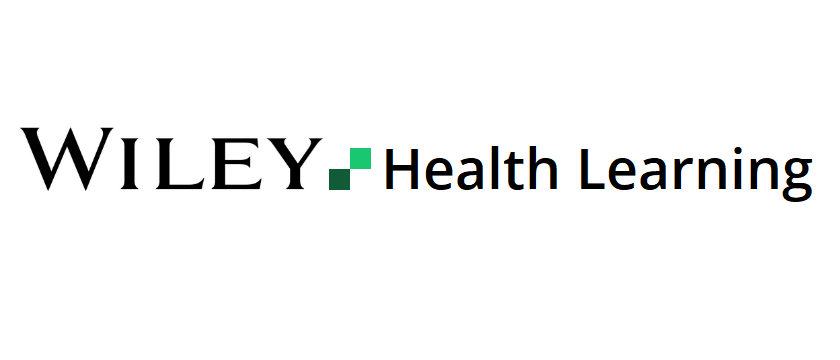Speaker: Donald Joe Chaffin, MD
Guest Speaker: Jan Hamilton, MS, MT(ASCP)SBB
Most of the routine testing done in hospital transfusion services is quickly mastered by those learning transfusion medicine. However, when things start to get complicated, more advanced testing may be necessary, and words like “adsorption,” “elution,” and “enzymes” are spoken by the local reference laboratory. This interview with Jan Hamilton, who is the manager of the Immunohematology Reference Laboratory at the American Red Cross-Southeastern Michigan Region in Detroit, will help listeners understand more clearly how to “speak reference lab” and understand these more advanced serologic techniques.
Following completion of the activity, participants will be better able to…
- Discuss pros and cons of basic antibody testing platforms in use in the US, including tube, solid-phase, and column agglutination (gel) testing methods
- List one blood group system whose antigens are weakened by incubation with proteolytic enzymes and one whose antigens are strengthened by enzymes
- Describe the process of autologous and allogeneic adsorption and give examples of circumstances when each might be used
- Explain how elution differs from adsorption
- List two reagents used to break disulfide bonds for red blood cell antigens and give an example of when such reagents might be used
Activity Disclosures: Funding for this activity was provided by Bio-Rad.
Faculty: Jan Hamilton, MS, MT(ASCP)SBB discloses no financial relationships. Donald Joe Chaffin, MD discloses no financial relationships. Daniela Hermelin, MD discloses no financial relationships. This activity underwent peer review in line with the standards of editorial integrity and publication ethics maintained by Transfusion News under the direction of Editor-in-Chief Aaron Tobian, MD, PhD. Dr. Tobian and the peer reviewers disclose no financial relationships. Conflicts of interest have been identified and mitigated in accordance with John Wiley & Sons, Inc.’s Policy on Activity Disclosure and Conflict of Interest.
Accreditation and Designation Statement
John Wiley & Sons, Inc. is accredited by the Accreditation Council for Continuing Medical Education (ACCME) to provide continuing medical education for physicians, and approved by the American Board of Pathology (ABPath) to provide Self-Assessment Modules (SAMs) for Continuing Certification (CC) formerly MOC. If you are claiming ABPath SAM credits, please be advised that your participant information will be shared with the ACCME and ABPath.
John Wiley & Sons, Inc. designates this enduring material for a maximum of 1 AMA PRA Category 1 Credit™. Physicians should only claim credit commensurate with the extent of their participation in the activity.
This activity is designed to be completed within 1 hour. To successfully earn credit, participants must complete the activity during the valid credit period, which is up to two years from initial publication. Additionally, up to 3 attempts and a score of 70% or better is needed to pass the post-test and claim CC credit. [ACGME competency/CC category: Medical Knowledge]. John Wiley & Sons, Inc. is approved as a provider of continuing education programs in the clinical laboratory sciences by the ASCLS P.A.C.E. ® Program. Number of contact hours available: 1. John Wiley & Sons, Inc. is approved as a provider of continuing education programs for the Florida Board Of Clinical Laboratory Personnel through CEbroker. Number of contact hours available: 1 Instructions on Receiving Credit For information on applicability and acceptance of continuing medical education credit for this activity, please consult your professional licensing board. To successfully earn credit, participants must complete the activity during the valid credit period, which is up to one year from initial publication.
